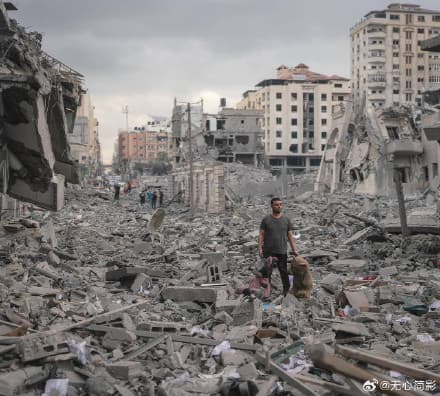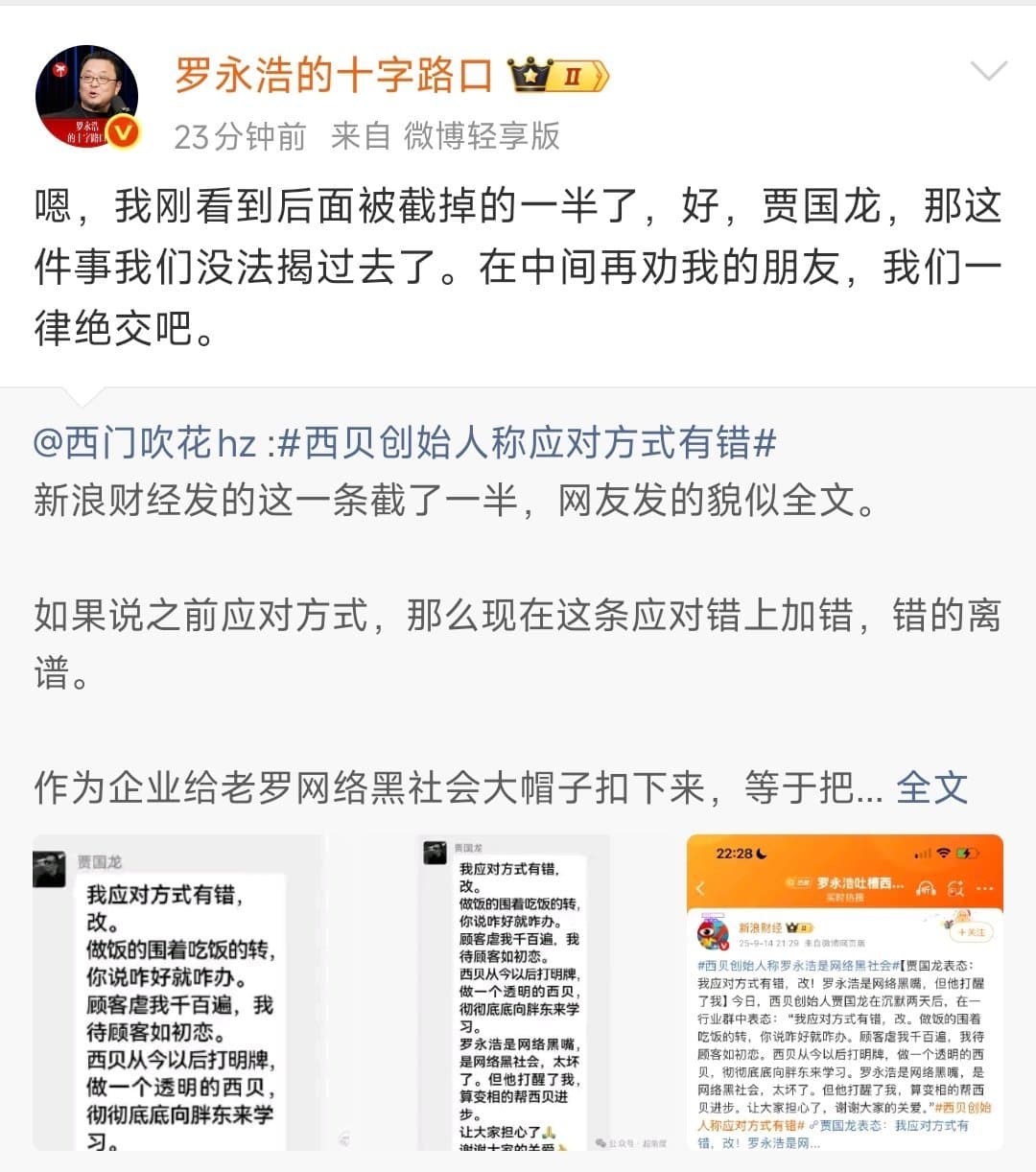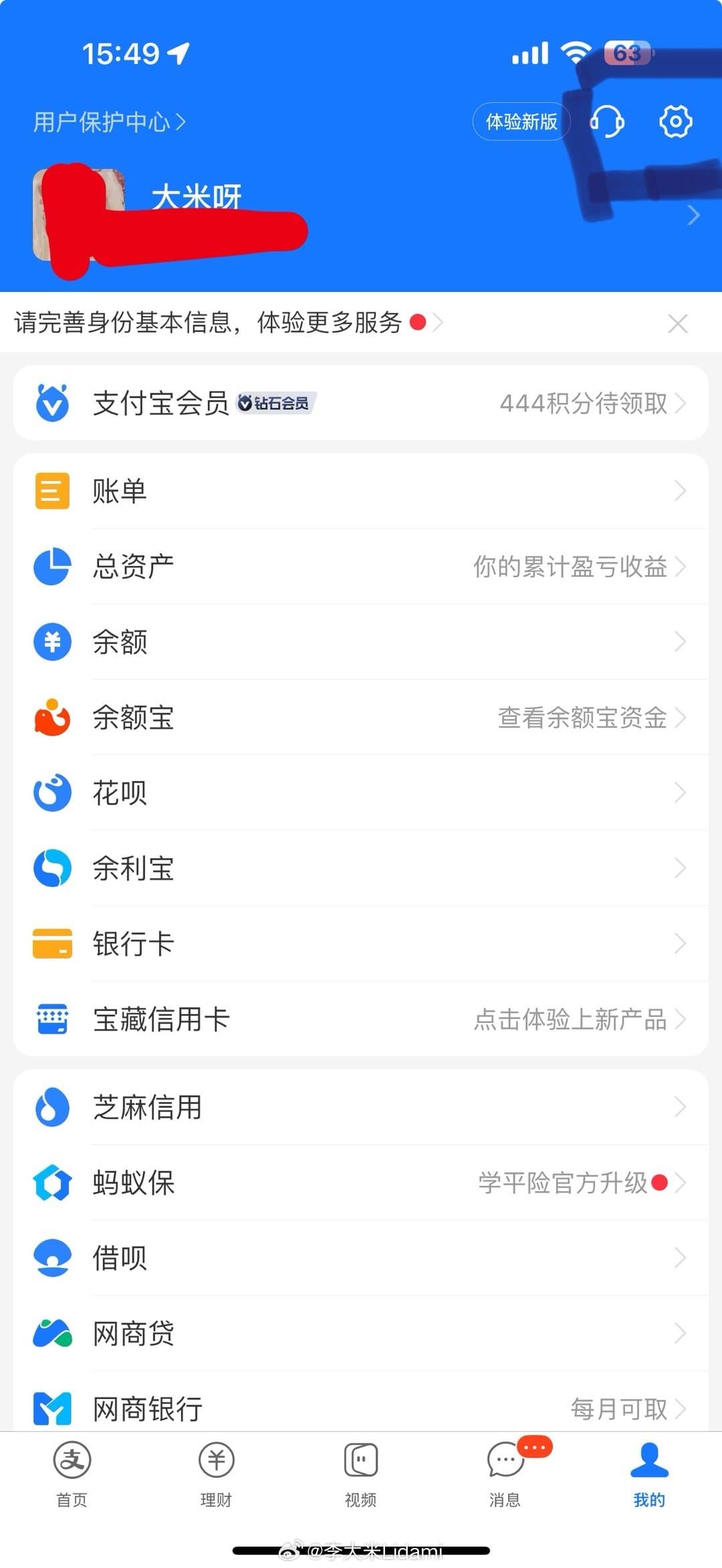Israelis accused of using white phosphorus shells in densely populated areas of Gaza
Invasive Weaponry and World Silence: The Plight of Gazans Under Military Agression

10 October 2023
The news of Israelis using internationally prohibited white phosphorus shells in densely populated areas of Gaza has sent shockwaves amongst the global community. White phosphorus, with its bright glow and toxic fumes, is known for its widespread use in combat situations as a smoke screen or an incendiary weapon. The alleged use of such a weapon, despite being banned under international law, has sparked outrage across the social media platform Weibo, with users expressing their condemnation at the seemingly callous disregard for human life and potential environmental damage in the region.
A video from Zhaobo Ling's weibo on the Long March Defense channel showcases a Palestinian father clutching his deceased infant, killed by an Israeli airstrike. The harrowing image has elicited heart-wrenching reactions from netizens, with many expressing their disbelief and grief over the senseless loss of life. One user's comment reflects the sentiment: "What's the difference between this and sandblasting?! Where is the United Nations at this time? Environmental activists, where are you?" This poignant inquiry highlights the deep-seated frustration felt by many towards the lack of action from global institutions designed to protect civilians in times of conflict.
The situation in Gaza has been further exacerbated by Israel's comprehensive blockade on the region, which has led to overcrowding in schools doubling as refugee shelters for tens of thousands of people. Aseel, a displaced Palestinian, speaks about the dire living conditions, with food, medical equipment, gas, and water supplies severely restricted. This has resulted in heightened tensions between Israelis and Palestinians, fueling ongoing hostilities and an endless cycle of conflict.
As is often the case in online discourse, inflammatory remarks have also surfaced, with some users expressing hateful sentiments towards Jews. Such rhetoric only serves to further polarize opinions and exacerbate the divide between different communities. However, amidst this turmoil, there are voices advocating for peace and understanding.
A unique perspective on the Israel-Palestine conflict has been presented by Xu Siyuan in a discussion about the issues plaguing the region. They suggest that if Israel treated its people better, Hamas wouldn't have reason to fight against their military and police forces. This thought-provoking comment encourages dialogue and reflection on the root causes of the conflict.
General Jin Yinan's observations about Israel's occupation of Arab lands also offer insight into the deeper historical and political context behind this conflict. Chinese participants at a conference in Israel visiting the Golan Heights, occupied by Israel and claimed by Syria, provide a tangible example of such territorial disputes.
However, not all Jews support Israel's actions, as evidenced by popular videos on YouTube featuring Jewish voices expressing disagreement with their country's methods. This shows that the conflict is not one-dimensional, and there are diverse perspectives within both the Israeli and Palestinian communities.
Weibo users have also highlighted the issue of hate speech, recognizing it as a threat to tolerance, inclusiveness, diversity, and rights. They emphasize that controlling such harmful language is crucial for maintaining social cohesion and promoting peace and development.
In conclusion, the conflict in Gaza has sparked intense emotions across the globe, with users on Weibo expressing a mix of outrage, grief, and frustration towards Israel's actions. While understanding is being sought within communities, there are those who continue to fuel hatred and division. The war between Palestine and Israel is complex, and its resolution will require multifaceted efforts from various sources.



